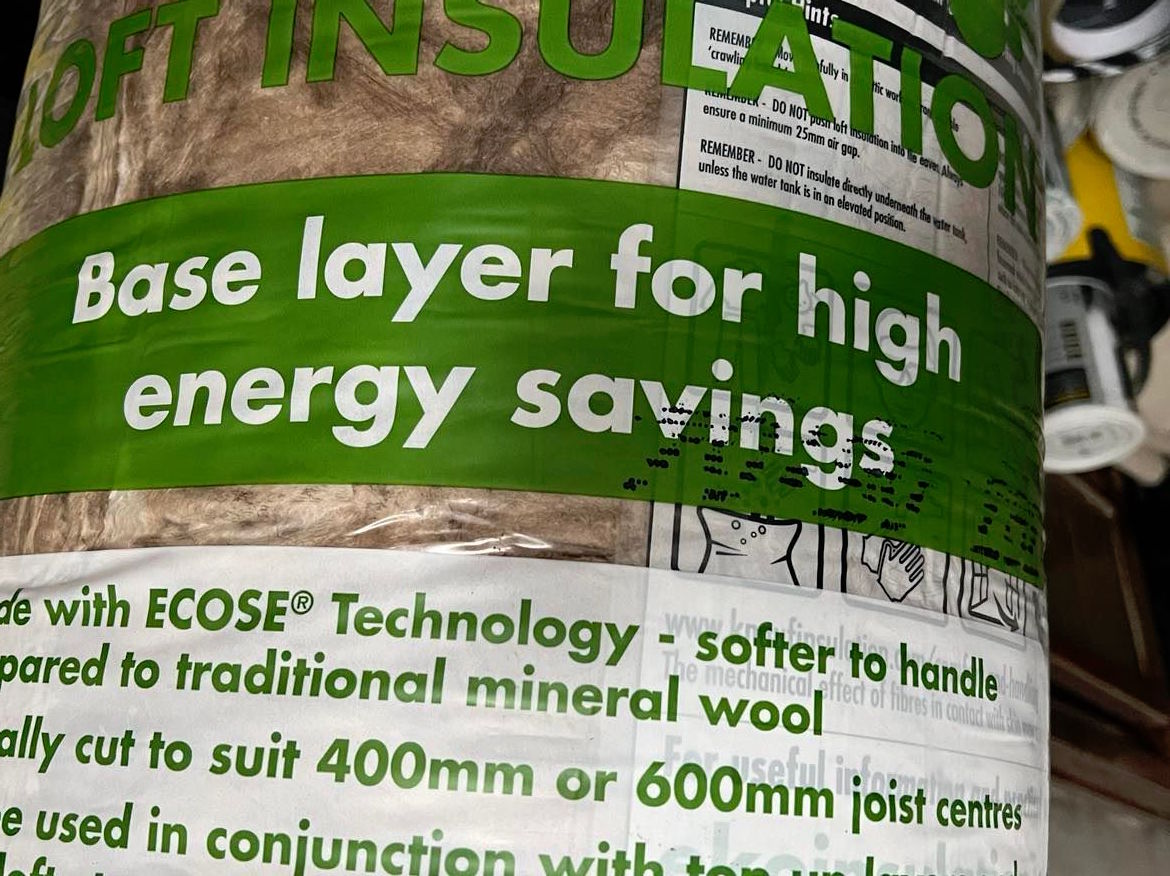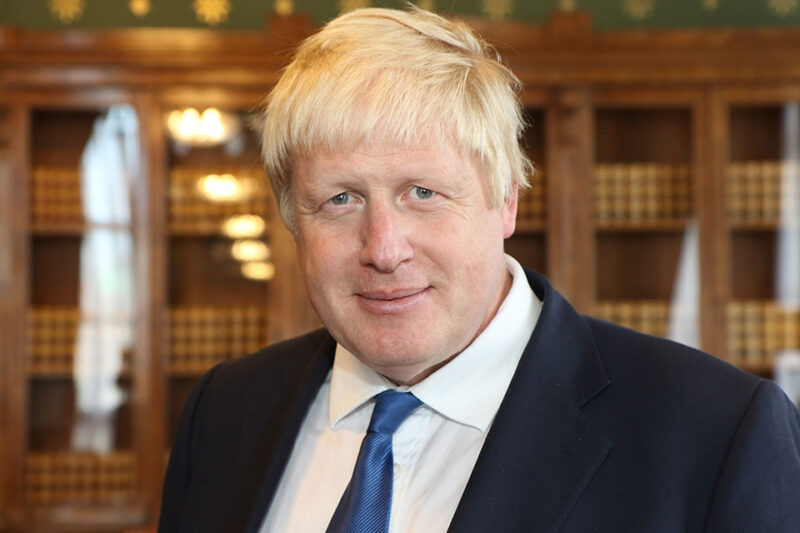Stand long enough on the roadside anywhere in Carmarthenshire and you could not fail to notice vans carrying signage stating that they are some form of heating installer or other. Eco Install, Enviroheating, Greensave Heating etc.
Many are newly established companies cashing in on government incentives to rid your home of gas, oil and multi fuel heating systems. The sales pitch is irresistible to some especially if one is to believe they hype that this will save our planet if we all subscribe. The science we are told is there to back up the claims and our own government and the big energy companies are singing from the same hymn sheet. So, is the heating revolution all it is made out to be or just a load of hot air, which will leave one feeling cold when all is said and done?
Welsh Government Warm Homes includes the Nest scheme, which provides funding for energy efficiency improvements to low income households and those living in deprived communities across Wales.
It supports the Welsh Government’s commitments to:
- reduce climate change
- help eradicate fuel poverty
- boost economic development and regeneration in Wales
The Nest scheme is managed by British Gas, working with Energy Saving Trust, on behalf of the Welsh Government.
There are concerns, which have been raised by people who wish to apply for the grants and those who have had the grant work completed and from Vonjy Rajakoba, the managing director of Bosch UK, who states that for heat pumps to work well in the cold, “you need well-insulated homes, you also need space for heat pumps for the external unit”.

Many homes in Wales have neither and date back to the Victorian era. Many rural properties are stone built with no cavity walls. Some rural dwellers have complained that they have been forced to have their wood burning stoves removed and been subjected to shoddy workmanship and left with worse issues than before the work took place such as damp walls and colder rooms.
Some may remember the wise words of their grandparents who knew a thing or two about staying warm and healthy. Ventilate the house and stick a jumper on if you get cold. As a property becomes more insulated there is a risk of condensation and
mould impacting the internal air quality. Ventilation is the key to minimising the risk of poor air quality not hermetically sealed homes.
There is a huge drive to make Wales net ZERO, specifically via the home heating policy with the cash grant incentives for us to insulate our homes, place solar panels on our roofs and uninstall those nasty gas and oil boilers and our feature wood burning stoves.
Is the Welsh Government’s target to get all homes in Wales off gas and oil sources of heating realistic and achievable?
More than 50% of the electricity generated in Wales is exported to the rest of the UK, with the likelihood being that an increasing quantity of electricity will need to be supplied from Wales as we transition to net zero. Pencil in the supply needed to charge electric vehicles another ambition of Welsh Government.
The Leader of the Welsh Liberal Democrats Jane Dodds claims that if the current rate of progress is maintained it will take the Welsh Labour Government ‘135 years to insulate every household that is in fuel poverty’.
A Welsh Liberal Democrat analysis of the Nest schemes annual statements has now revealed that that the number of households receiving support under the scheme, has declined from 5,500 in 2016/17 to 4,559 in 2020/21. At the 2016/17 rate it would take 111.6 years to insulate every household. At the 2020/21 rate it would take 134.7 years.
Some point to specific obstacles to the plans including a lack of local Wales based skilled engineers, plumbers and installers.
Some consumers believe that a one size fits all is not the best solution given that our housing stock differs greatly from the countries where the changes have been most successful, i.e. countries in which homes are better insulated and which do not consist of predominantly housing stock built in the Victorian era such as Norway, Finland and Sweden.
Concerns have been raised that the majority of the workforce implementing installation work are based across the border in England. Welsh Government state that 100% of installations have been completed by Wales-based installers with the creation of 15 jobs and supporting contractors with
25 apprenticeships and 2 traineeships.
 What research has informed Welsh Government with regard to the reduction in carbon emissions? Air source pumps will work partly off the National Grid and partly of solar power. There is already pressure to address the issue of supply and demand on the National Grid.
What research has informed Welsh Government with regard to the reduction in carbon emissions? Air source pumps will work partly off the National Grid and partly of solar power. There is already pressure to address the issue of supply and demand on the National Grid.
Welsh Government works with Energy Saving Trust, which is an independent organisation dedicated to promoting renewable energy, energy efficiency and low carbon transport to address the climate emergency.
Their work focuses on reaching net zero targets by encouraging reductions in energy
consumption, the installation of new infrastructure and an acceleration to more sustainable, low carbon lifestyles.
They claim to be a trusted, independent voice, with over 25 years’ experience in these areas.
In evidence given to the Welsh Affairs Committee inquiry on renewable energy in Wales their key points made included supporting further rollout of renewables in Wales and close collaboration between the UK Government and the Welsh Government in several devolved and reserved policy areas. Creation of an impartial, and expert advice provision across Wales with the ultimate goal of creating a ‘net zero home’ advice service. The building of a skill base to meet demands, tackling grid constraints and support for local and shared renewable generation projects
There are concerns that the air source heat pump alternative is not completely transparent and fully explained to consumers and that there may be future backlash and compensation claims against companies who mis-sold the packages.
The NEST Annual Report 2021/22 states that ‘Customer satisfaction with Nest has been consistently high over the life of the scheme. In 2021-22, 98.8% of customers reported satisfaction with the advice services and installations provided by Nest’.
The NEST scheme considers a whole house approach to home energy efficiency improvements. This helps to tackle harder to treat homes where the impact of fuel poverty tends to be most severe.
Welsh Government lists the priorities as
• Providing households with free, impartial advice and signposting to a range of support services.
• Supporting eligible households with a package of free home energy measures such as a new boiler, central heating system, insulation or solar panels.
• Working with a range of partner organisations to ensure the scheme reaches the most vulnerable households in Wales during the COVID-19 pandemic.
• Supporting Welsh Government’s fuel poverty strategy to help people struggling to meet the cost of their domestic energy needs.
In 2021-22, the scheme provided:
• 15,777 households with free and impartial energy saving advice.
• 5,127 households with a home energy improvement package, such as a central heating system, a boiler, insulation, or solar panels.
• A modelled average energy bill saving of £300 per year.
• Benefit Entitlement Checks resulting in a household average £3,254.24 potential increase in benefit take-up.
• 100% of installations completed by Wales-based installers.
• Creation of 15 jobs and supporting our contractors with 25 apprenticeships and 2 traineeships.
When billions of pounds are being offered to green energy companies and researchers seeking a far greener option with the possibility of something truly eco friendly coming along in the near future why are we placing so much money and faith in a national grid driven exercise?
Should people be given the option to decide for themselves how they heat their own homes and which aspects of the package on offer they wish to take advantage of and which is particularly suitable for their needs and the structure of their homes?

In Scotland the Green Homes Network features more than 300 homes across Scotland, with homeowners who have installed renewable technologies at home such as heat pumps and solar panels and want to share their experiences. The network comprises homes of all kinds; from eco-builds to historic stone cottages, listed buildings and everything in between.
Network members are friendly homeowners, keen to share their experience about the energy efficiency improvements they’ve made to their property, the costs they’ve saved, and to help make an informed choice.
Here in Wales none of the schemes provide for new double glazing when windows are one of the biggest points of heat loss in homes. Around 38% of heat loss in your home comes from cracks in your walls, windows and doors (often invisible to the naked eye). There is no provision for between floors insulation. There is no emphasis on providing small wind turbines or using hydro power or thermal solar panels as they do in Scotland. It seems strange that here in Wales a land full of water sources and exposed to the wind we do not utilise these sources as much to provide energy for home settings.
Energy companies have recorded record profits and yet the investment in infrastructure does not reflect the gains. Calls are being made for energy companies to do more to support vulnerable consumers.
Listen to our interview with Andrew Richards of Energy Saving Grants
Please donate here: Support Carmarthenshire News Online Thank you for supporting independent journalism and contributing to the future of local news in Carmarthenshire. Carmarthenshire News Online has been dedicated to providing unbiased and trustworthy news, free from commercial or political influence. By donating as little as £1, you can help ensure the continuation of this important source of information for the community. Your contribution will have a significant impact on the sustainability of independent journalism. If you're looking to enhance your brand's visibility, we also offer advertising opportunities on our Livestream and podcasts. Our special offers provide excellent value for reaching our engaged audience. To learn more about these opportunities and to discuss your advertising needs, please feel free to call or text us at 07308598604. Thank you again for your support, and together we can ensure the availability of quality local news for Carmarthenshire and beyond.
Please donate here: Support Carmarthenshire News Online






